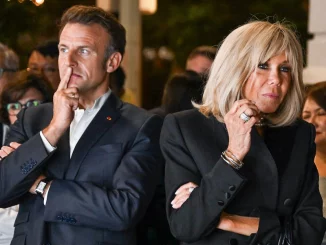
| Published April 16, 2025
Israeli Prime Minister Benjamin Netanyahu has firmly opposed French President Emmanuel Macron’s proposal to recognize a Palestinian state by June 2025, labeling it a reward for terrorism and a threat to regional stability. The sharp rebuke underscores growing tensions between Israel and its Western allies over the stalled peace process and the ongoing conflict in Gaza.
Macron’s Bold Initiative
President Macron announced France’s intention to recognize a Palestinian state during an upcoming international conference co-hosted with Saudi Arabia. He emphasized that this move aims to support both Palestinian rights and Israel’s security, advocating for a two-state solution as the path to lasting peace. Macron stated, “We owe it to the Palestinians, whose aspirations have been trampled on for too long. We owe it to the Israelis who lived through the greatest anti-Semitic massacre of our century” .
Israel’s Strong Opposition
In response, Prime Minister Netanyahu condemned the plan, asserting that unilateral recognition of Palestinian statehood, especially in the aftermath of the October 7 Hamas attacks, would embolden terrorism and hinder future peace efforts. He stated, “Such recognition in the wake of the October 7 massacre would give a huge reward to unprecedented terrorism and prevent any future peace settlement” .
SOURCES: FRANCE 24 – Netanyahu challenges Macron’s plan to recognise Palestine as sovereign state





Be the first to comment